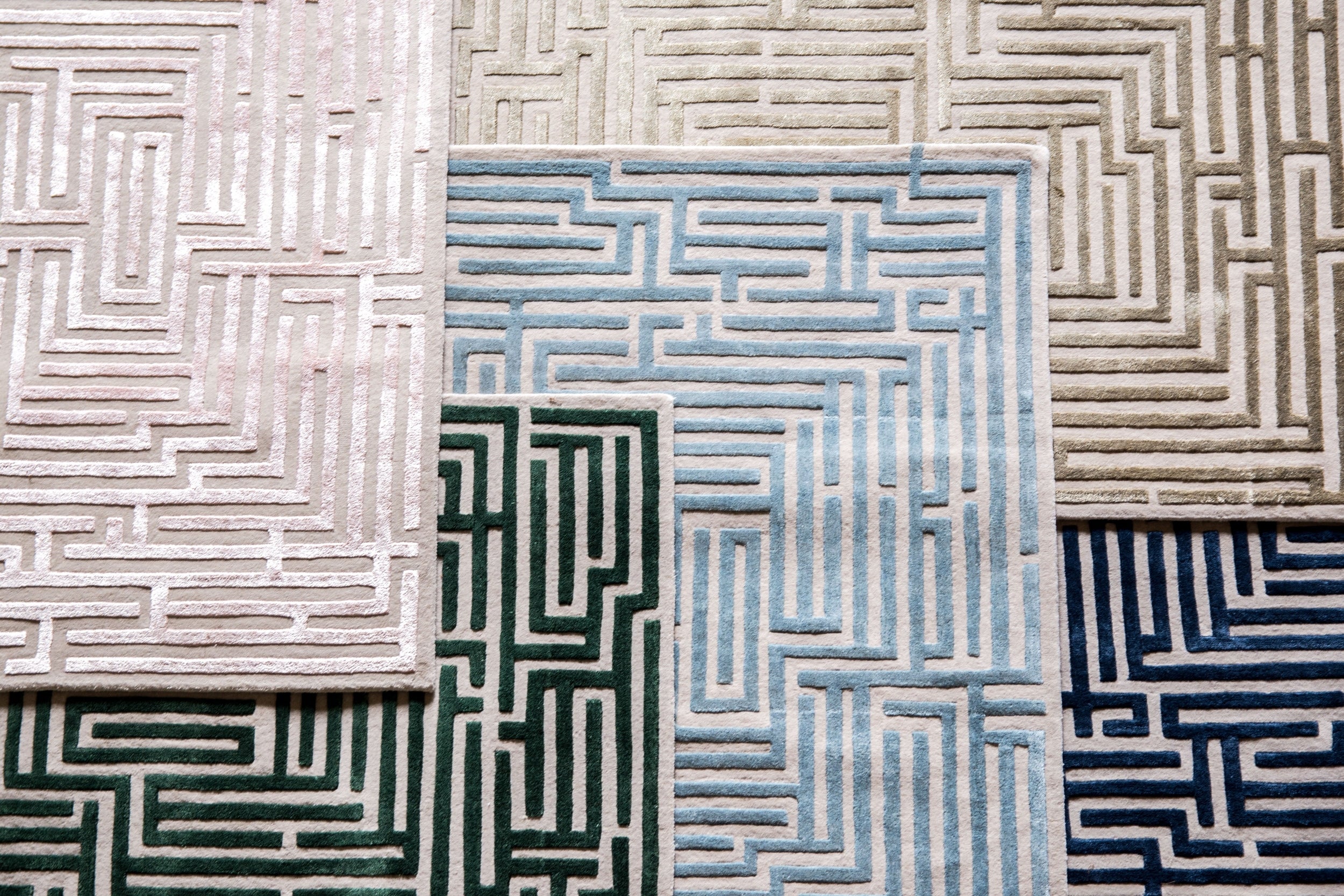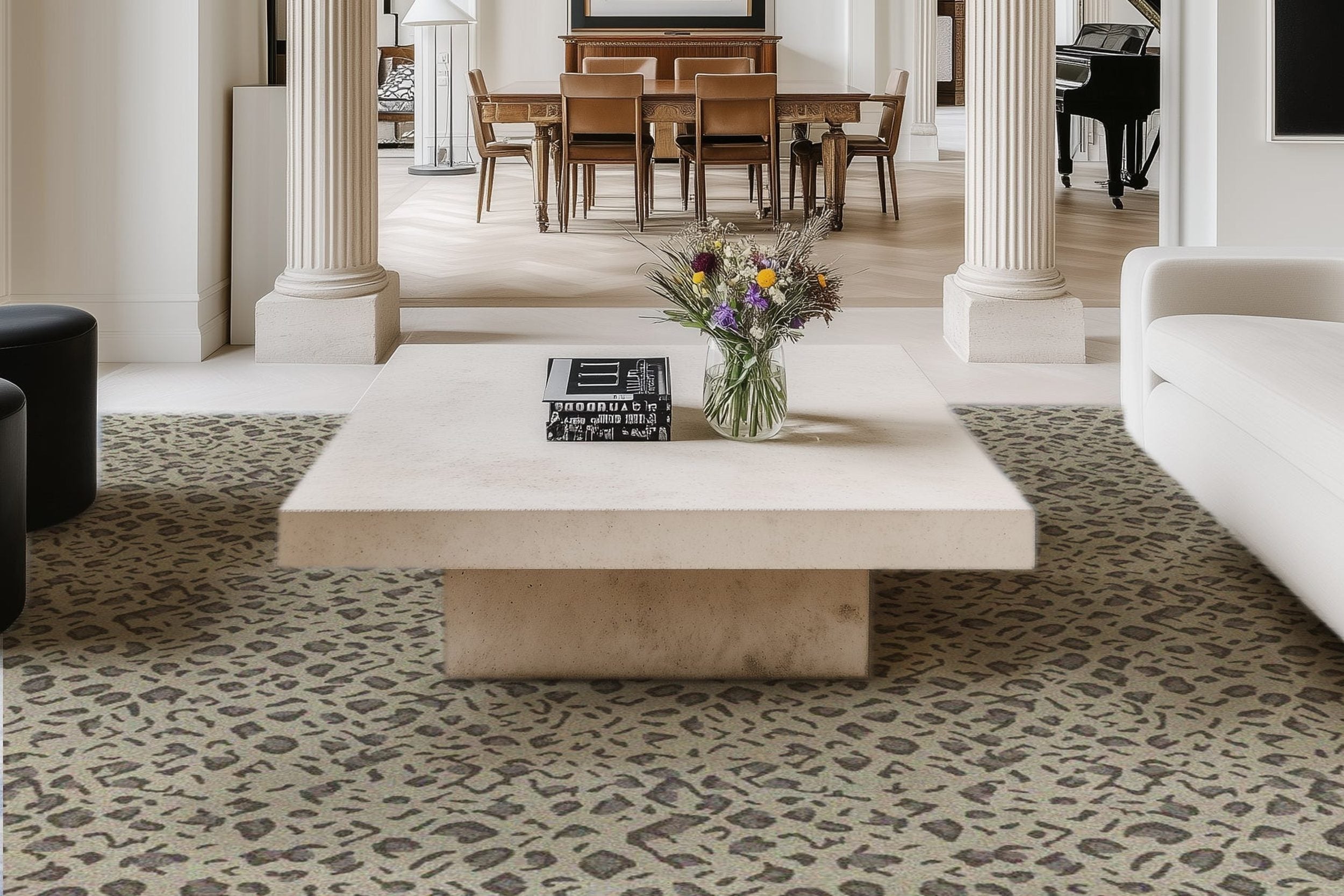Fire Restoration vs. Renovation: What’s the Difference?
 When a property suffers from fire damage, many homeowners assume the recovery process is the same as renovation — but these two are fundamentally different. Understanding the distinction between fire restoration and renovation helps you make the right decisions, protect your investment, and ensure your property is safe for future living.
When a property suffers from fire damage, many homeowners assume the recovery process is the same as renovation — but these two are fundamentally different. Understanding the distinction between fire restoration and renovation helps you make the right decisions, protect your investment, and ensure your property is safe for future living.
What Is Fire Restoration?
Fire restoration is an emergency response process that focuses on returning your property to a safe, pre-loss condition. After a fire, there are multiple types of damage: structural burns, soot, smoke contamination, and water damage from firefighting efforts. Restoration professionals address each of these issues using specialized techniques and equipment.
The process typically includes:
-
Emergency board-up and roof tarping to secure the structure.
-
Assessment and documentation for insurance purposes.
-
Smoke and soot removal, including odor neutralization using ozone or hydroxyl generators.
-
Water extraction and drying to prevent mold growth.
-
Structural cleaning and sanitization, ensuring the space is safe for occupancy.
-
Selective repairs — replacing drywall, repainting, or reinstalling flooring where necessary.
The goal of restoration is not to modernize or redesign the property but to restore it to its original condition as quickly and safely as possible.
What Is Renovation?
Renovation, on the other hand, is an improvement or redesign of an existing space. It’s a planned project, often aesthetic or functional, where homeowners choose to upgrade finishes, change layouts, or add new features. Renovation typically takes place after restoration is complete or in homes without major damage.
Key aspects of renovation include:
-
Upgrading materials — such as new flooring, cabinets, or countertops.
-
Changing layouts — knocking down walls or expanding rooms.
-
Improving systems — installing modern HVAC, plumbing, or electrical fixtures.
-
Enhancing property value through modernization and design choices.
Renovation is a choice; restoration is a necessity.
The Key Differences
|
Aspect |
Fire Restoration |
Renovation |
|
Purpose |
To repair and restore safety after fire damage |
To improve design, comfort, and aesthetics |
|
Timing |
Immediately after a disaster |
Planned project, often after restoration |
|
Scope |
Structural cleaning, damage repair, odor removal |
Remodeling, upgrading, and redesigning |
|
Goal |
Return to pre-fire condition |
Create a better-than-before space |
|
Team |
Certified restoration professionals |
Contractors or interior designers |
Why Restoration Comes First
If your property has suffered from a fire, restoration must always precede renovation. The structure may be weakened, electrical systems compromised, and hidden soot or smoke residue can pose serious health risks. Skipping the professional restoration phase could lead to long-term issues like odor recurrence, corrosion of materials, or even respiratory hazards.
Oftentimes, it's impossible to restore your garage without a proper restoration process. Once it's professionally restored, search for a garage door service in DeLand to get the repair done quickly. Once a licensed restoration company has completed safety clearance and the property is stable, you can move forward with renovation — often combining both processes for a seamless transformation.
The Role of Professionals
Restoration companies are certified to handle hazardous materials and use advanced technology for odor elimination and air purification. They also coordinate directly with insurance adjusters to ensure your loss is documented correctly. Renovation specialists, meanwhile, focus on design execution, material selection, and building code compliance.
In an ideal scenario, both teams collaborate — restoration experts repair and secure the structure, while renovation contractors handle the redesign phase.
Browse by Category

Design Projects
Explore interiors from client work and personal renovations — layered, livable, and always in progress.
read more →
Collaborations
From product launches to styled spaces, discover the brand stories I’ve helped bring to life.
read more →
The Notebook
A growing archive of iconic designers, inspiring artists, and unforgettable design moments.
read more →
Travel by Design
Wander with a designer’s eye — from charming hotels and city guides to visual inspiration abroad.
read more →




